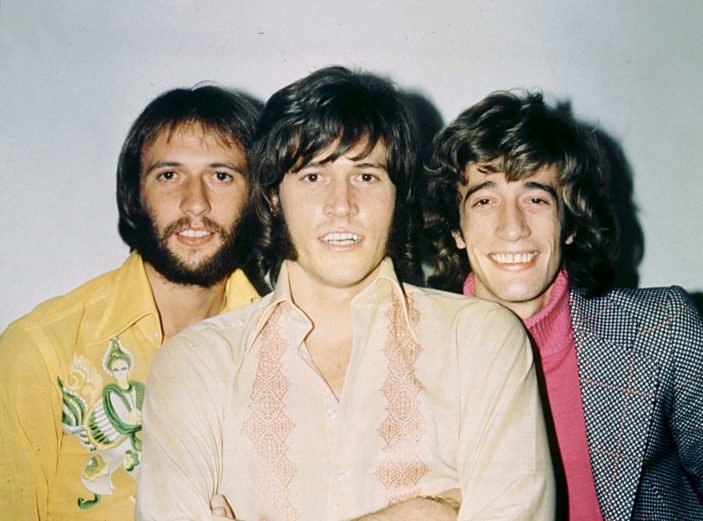
The musician documentary is one that can easily be an exhausting experience. Any form of relative success and cultural impact often results in a film being made about whichever artist, and the ones worthy of the subject’s talent are few and far between. This is what makes The Bee Gees: How Can You Mend a Broken Heart that much more of a precious experience, a film that feels incredibly personal and crafted in a manner that is evidently respectful of their legacy.
Opting to do away with much of the “talking heads” temperament than so many of these films often adopt – though the film does earn its share of impressive contributors, with Noel Gallagher, Nick Jonas, Justin Timberlake, and Eric Clapton just some of the enthusiastic commentators who earn interview spots – director Frank Marshall (Arachnophobia, Eight Below) approaches this film with more of a biopic mentality, letting the archival footage guide the story in an organic manner.
Just as much about their music as it is their familial bond, How Can You Mend a Broken Heart manages to toe the line of appeal for both long-time fans and the uninitiated. It goes without saying the disco era they inadvertently “created” – though, as this film reveals, they more just reinvigorated the underground queer dancing scene – with the unprecedented success of the Saturday Night Fever album earns its share of screen-time, but it’s the aftermath of that success, not to mention their more Beatles-inspired pop/rock beginnings, that truly ignite the film’s tight running time.
In a climate when racial prejudice and mob mentality still tragically run rampant – especially in the United States – it’s both ironically shocking and not at all surprising that the general fallout from The Bee Gees’ success resulted in near-forms of violence; some of the film’s most uncomfortable footage stems from a baseball game where crowds were encouraged to bring disco records with them for a mass burning, seemingly inciting racism in the process as it’s pointed out that disco music doesn’t primarily equate to the African-American artists whose works were being included in the burning ritual.
As confronting as some of the footage is though, How Can You Mend a Broken Heart never strays far from remaining an emotional tribute to one of music’s most lauded acts. The highs and lows of fame are constant, and sole surviving member Barry Gibb – himself a main contributor to the film – looks back on this time with a fondness; though he makes it clear at how much he misses his brothers, Maurice and Robin Gibb, heartbreakingly stating that he would give all the hits back if it meant being with them once more.
Less a band and more a subculture of music phenomena, The Bee Gees defied industry expectation at almost every turn. Whilst How Can You Mend a Broken Heart never quite delves into the process of how easily or difficult it was to initially earn a record deal, their unorthodox approach to their craft – not writing lyrics until the day of recording, for starters – and their determination in maintaining a career after multiple setbacks constantly keeps Marshall’s loving film dancing ahead of its own beat.
![]()
![]()
![]()
![]()
![]()
FOUR STARS (OUT OF FIVE)
The Bee Gees: How Can You Mend a Broken Heart is screening in Australian theatres from December 3rd, 2020. It will be available to stream internationally on HBO Max from December 12th.
